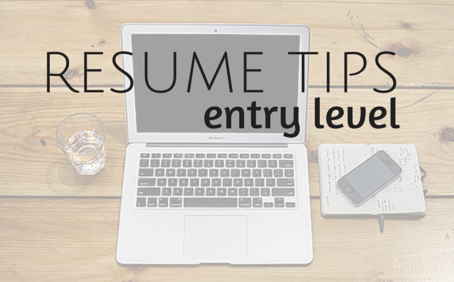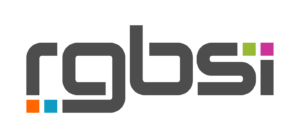
It's that time of year: spring is upon us and it's job-hunting time for the Class of 2015.
The purpose of a resume is to market yourself to employers in a succinct way, summarizing your education, experience and skills to convince employers to interview you. But what if you have little experience and skills to include on your resume? In other words, you're entry level.
Resumes aren't meant to be long documents, but in that one page there is plenty of opportunity for error. Carefully tailoring your resume can mean the difference between an interview request and the trash can.
As a new graduate with minimal experience, you can still optimize your resume. In this week's Ask a Recruiter, we have some tips for helping you conquer the entry level resume tips and compete against the hundreds of other graduates.
Aesthetics
You might have a wonderfully written resume but if it looks awful, it most likely will not be noticed. Pay close attention to your font and point size. Choose a style that matches the level of professionalism in your industry. Popular choices include: Arial, Times New Roman and Calibri. Use 10 or 11 point font as that is the most commonly used. Make sure you have at least 1 inch margins as well. A clean look goes a long way.
Contact Information
Do not forget to emphasize your name by making it several point sizes larger than everything else. Including your phone number, email address and LinkedIn public profile address is customary now. Including your physical address isn't necessary. Make sure your email address paints a professional picture of you and avoid using a campus email address.
Objective and Summary
An objective is no longer necessary unless you're targeting a specific position type and timing. Instead, including a summary of qualifications section that summaries your top three qualifications for the job you're applying for is more helpful as it catches recruiters' eyes.
Experience and Skills
Include internships, volunteering and other relevant out of the classroom experiences that are relevant to your target job. Customize your descriptions to fit position requirements. This is where you should include target words from the job descriptions and use action words to highlight your accomplishments. If you have any specific software or technical skills, include those in a separate section.
In general, write strategically. Everyone is busy and has a short attention span so cater tot hat audience. Writing in a critical, attention-getting way will help you land an interview.










